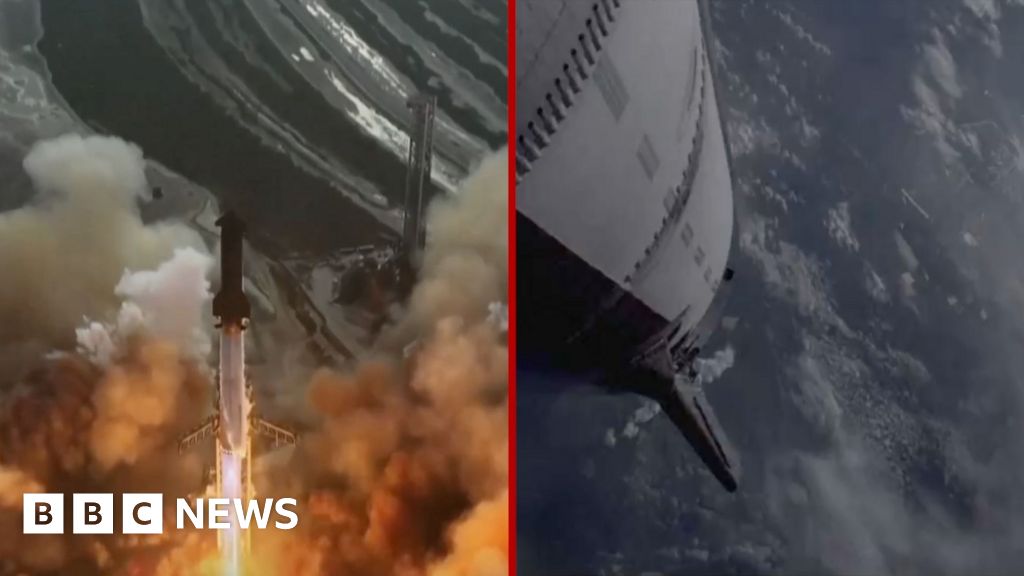In recent months, Prime Minister Keir Starmer had been criticized for declining to initiate a full-scale national investigation into the long-standing issue of child exploitation, specifically concerning “grooming gangs” that allegedly victimized thousands of girls over the past two decades. Starmer's reluctance was met with backlash from various sectors, including strong social media commentary from Musk, which reignited public scrutiny on the matter.
Previously, the government maintained that sufficient analysis had already been conducted, emphasizing their focus on the implementation of earlier investigation findings that had spanned seven years and reviewed over two million pages of evidence, drawing testimonies from approximately 6,000 victims.
However, during a media briefing en route to the G7 summit in Canada, Starmer disclosed that he had reconsidered his stance. He acknowledged recommendations from Louise Casey, a member of the House of Lords, who had initially deemed a national inquiry unnecessary. Following her review of the data and evidence related to child sexual abuse, Casey indicated that such an inquiry should be launched.
“This is a critical issue, and having read every word of her report, I am accepting her recommendation for a national inquiry,” Starmer stated in an interview with the BBC. This marks a pivotal turn in the government's approach, reflecting a growing urgency to address the complexities of child abuse in Britain head-on.
Previously, the government maintained that sufficient analysis had already been conducted, emphasizing their focus on the implementation of earlier investigation findings that had spanned seven years and reviewed over two million pages of evidence, drawing testimonies from approximately 6,000 victims.
However, during a media briefing en route to the G7 summit in Canada, Starmer disclosed that he had reconsidered his stance. He acknowledged recommendations from Louise Casey, a member of the House of Lords, who had initially deemed a national inquiry unnecessary. Following her review of the data and evidence related to child sexual abuse, Casey indicated that such an inquiry should be launched.
“This is a critical issue, and having read every word of her report, I am accepting her recommendation for a national inquiry,” Starmer stated in an interview with the BBC. This marks a pivotal turn in the government's approach, reflecting a growing urgency to address the complexities of child abuse in Britain head-on.


















